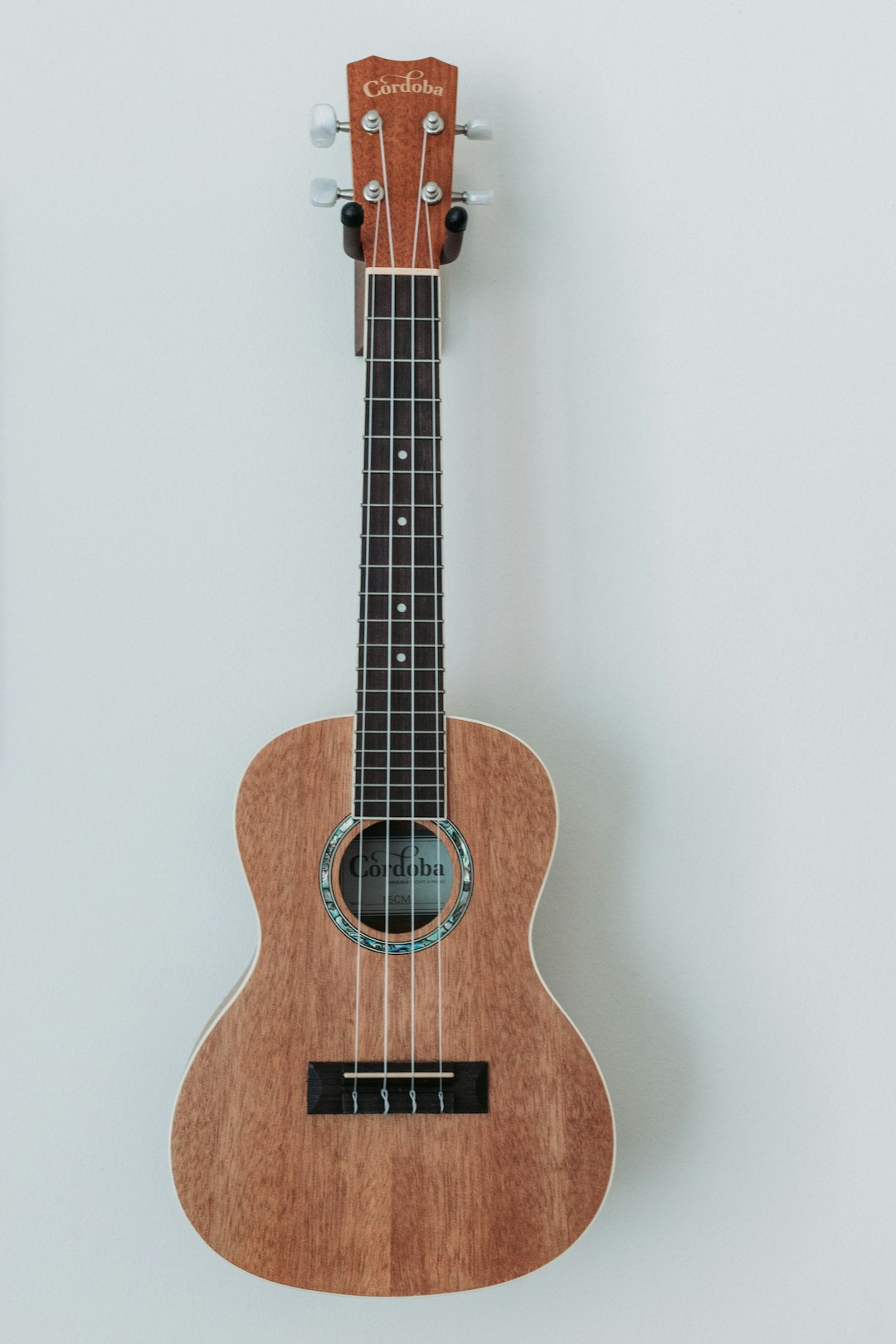Playing a Musical Instrument is Good for the Body and Mind
NewsIn addition to the fact that some say that music makes you smarter, playing an instrument is said to have virtues for the whole body. Whatever the instrument you play or the musical style, music, even beyond its practice, brings a general well-being. It simply improves your mood and better manages your emotions.
Find out in this article why playing an instrument is so beneficial to your well-being.
Music and its Many Benefits
Playing music, even as an amateur, is said to have beneficial effects on your physical, mental and emotional health. This is true regardless of your age or your musical abilities. Integrating listening to or playing music into your daily life will without a doubt make you feel better. Learning and practicing an instrument will increase your concentration as well as your cerebral capacities.
For teenagers and even young children who have difficulty communicating and integrating with others, playing an instrument would allow them to fight against their anxiety or even their phobias. Music would therefore be a very important relational vector. Moreover, playing an instrument would also allow them to externalize their emotions and perhaps help them to overcome certain difficult situations at home or at school.
Discover all the Benefits of Music on Your Body:
Playing a musical instrument would help improve concentration, intellectual performance, mental and also obviously motor skills as well as coordination. Even more so when you choose an instrument such as the harp, piano, drums ... where the lower and upper limbs are constantly solicited.
Listening to music as well as practicing it would generate a sense of well-being. Learning an instrument is rewarding and by setting simple and reasonable goals you can quickly experience satisfaction which is great for self-esteem.
Practicing an instrument is also opening you up to creativity, to various emotions. It is an opportunity to put into words, into song an unhappiness for some teenagers and thus be able to make sense of the world and have a cathartic personal experience.
Playing an instrument also has a physical dimension because even if you don't play drums or percussion, playing an instrument uses different parts of your body. By using these different muscles in this way you maintain your musculature.
After selecting an instrument you start off by playing mainly at home, and later it allows you to create a social network more easily. If only at school, at the conservatory, in your neighborhood, even within your family circle... it doesn't matter, it's the interaction with others that is beneficial.
Music and Science
According to some studies on the subject, listening to and playing music releases dopamine in the body. Other comparative studies on different musical styles show that it is not the style but the rhythm that has biological effects on the body. This is why some soft music is recommended just before bedtime.
Have you ever heard that playing the didgeridoo, the traditional Australian aboriginal instrument made of a eucalyptus branch, would help fight snoring? Did you know that playing a wind instrument improves breathing control and lung function?
Today, many scientists are studying music therapy and its results on pain, mood, stress etc...
So if you were still hesitating, I hope that reading this article will make you want to approach any instrument and start practicing because you will quickly realize how exciting and exhilarating it is. You will realize the vibrations projected outward by your instrument simply reveal you to yourself.
Written by patrox
on 2022-03-27 10:59:14
Keep reading



The Guitar: One of the Major Figures in the Iconography of Pablo Picasso
The Guitar: One of the Major Figures in the Iconography of Pablo Picasso







